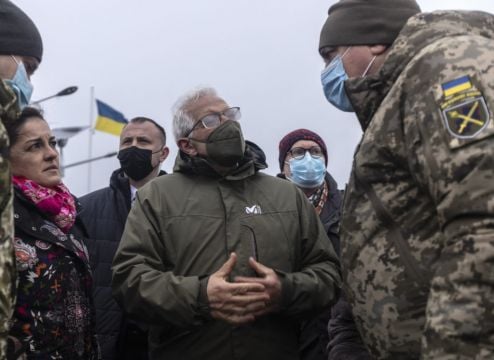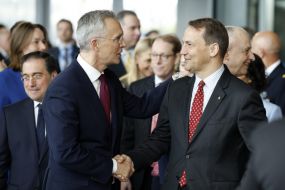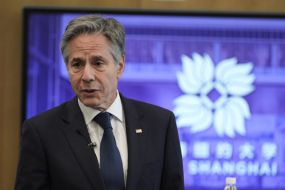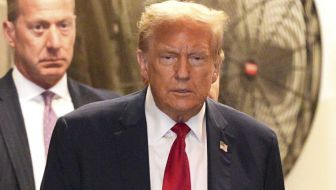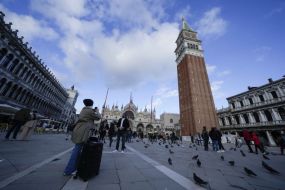The European Union’s foreign policy chief has insisted that the 27-nation bloc must have a bigger role to play alongside Washington and Moscow to defuse the west’s standoff with Russia over Ukraine.
In the diplomatic flurry surrounding the Russian military build-up on Ukraine’s border, the EU has largely been a bystander. This highlights a deeper frustration in Brussels: even though the EU is a massive global economic powerhouse, its strategic geopolitical footprint remains disproportionately small.
“There are not two actors alone. It’s not just the US and Russia,” said Josep Borrell during a visit to Ukraine on Wednesday. “If you want to talk about security in Europe, the Europeans have to be part of the table.”
So far, the plea has largely fallen on deaf ears.
US President Joe Biden and his Russian counterpart Vladimir Putin have spoken twice over the past month, ahead of two days of talks between senior US and Russian officials starting on Sunday in Geneva. Those talks will be followed by a meeting of the Russia-Nato Council on January 12 and negotiations at the Organisation for Security and Cooperation in Europe in Vienna on January 13.
On Friday, Nato’s 30 foreign ministers will already set the scene for those encounters. The EU is involved in none of them.
Mr Borrell stressed that this had to change. “If Russia is really willing to talk about security in Europe, then Europeans have to be part of it. Not the first day,” he acknowledged, “but that is not going to last just one day or one week.”
He said that next week EU foreign ministers would assess in Brest, France, how to get the EU’s foot in the door.
“We are going to discuss the way in which we are going to have our say in these talks through coordination with the US and possibly with the Russians,” Mr Borrell said. “Like it or not, they will have to talk with us. Be sure of that.”
To show the EU’s commitment to Kyiv, Mr Borrell visited Ukrainian soldiers at the Stanitsa Luganskaya crossing between Ukraine and the territory controlled by pro-Russia militants in the Luhansk region.
Since the Crimean Peninsula’s annexation by Russia and the Kremlin’s backing of a separatist rebellion in Ukraine’s east, the fighting has killed over 14,000 people and devastated the country’s industrial heartland, known as the Donbas.
For years now, the EU has championed the principles of diplomacy’s so-called soft power of economic and non-military aid, since it lacked the political wherewithal to build up a powerful defence and security part in its common project. So far, it has yet to emerge as an essential player, even on its own continent.
Since the 2014 invasion of Crimea, European diplomacy has been spearheaded by the so-called Normandy Format, bringing together Ukraine, Russia, France and Germany. The Minsk agreements that came out of it remain one of the best avenues for a fundamental solution.
French Foreign Minister Jean-Yves Le Drian said on Wednesday that France’s “efforts alongside Germany to achieve that remain total and will continue in the coming days and weeks”.
